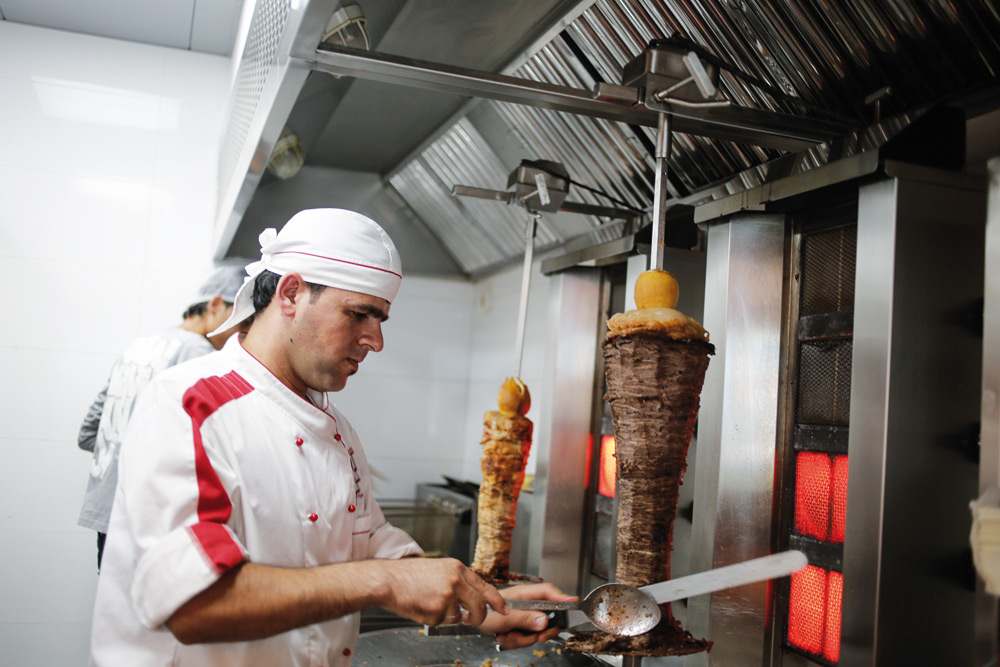A carefully chosen watch can be an investment and a pleasure. Here are Executive's top 10 men's watches for 2013:

10 Girard Perregaux 1966
Oozing “Mad Men” martini style! One of the most elegant dress watches on the market.
Related article: How to pick the perfect watch

9 A. Lange & Söhne Lange 1
Just one of a host of unique designs from one of the world’s most low-profile yet prestigious watchmakers.

8 Blancpain Fifty Fathoms
A dive watch for the yacht owner. Dripping in affluence and luxury.

7 Tag Heuer Monaco
The first square chronometer. What’s not to like? A genuine icon in the watch hall of fame.

6 Audemars Piguet Royal Oak
A classic, groundbreaking design that has remained popular due to its versatility.

5 Breitling Super Heritage Ocean
Clean and understated. The mesh bracelet gives this dive watch a 1960s vibe.

4 IWC Portuguese Power Reserve
Everything that IWC is about – elegance and substance – is summed up in this beautiful yet functional watch.

3 Tudor Heritage Chrono
Racy and vibrant and with a nod to a considerable pedigree, this is the watch that finally announced that Tudor has stepped out of Rolex’s shadow.

2 Rolex Explorer
Arguably one of the coolest and most unpretentious watches ever made. It scaled Everest with Hilary and still reeks of Cold War intrigue.

1 Panerai Radiomir
A watch with a ton of attitude, the Radiomir is less celebrated but much more grown up and understated than its Luminor stablemate.



![Thursday[12][25][1]](https://www.executive-magazine.com/wp-content/uploads/2014/01/Thursday12251.jpg)




![Tuesday[42]](https://www.executive-magazine.com/wp-content/uploads/2014/01/Tuesday42.jpg)
![Monday[41]](https://www.executive-magazine.com/wp-content/uploads/2014/01/Monday41.jpg)



![Friday[11][22]](https://www.executive-magazine.com/wp-content/uploads/2014/01/Friday1122.jpg)